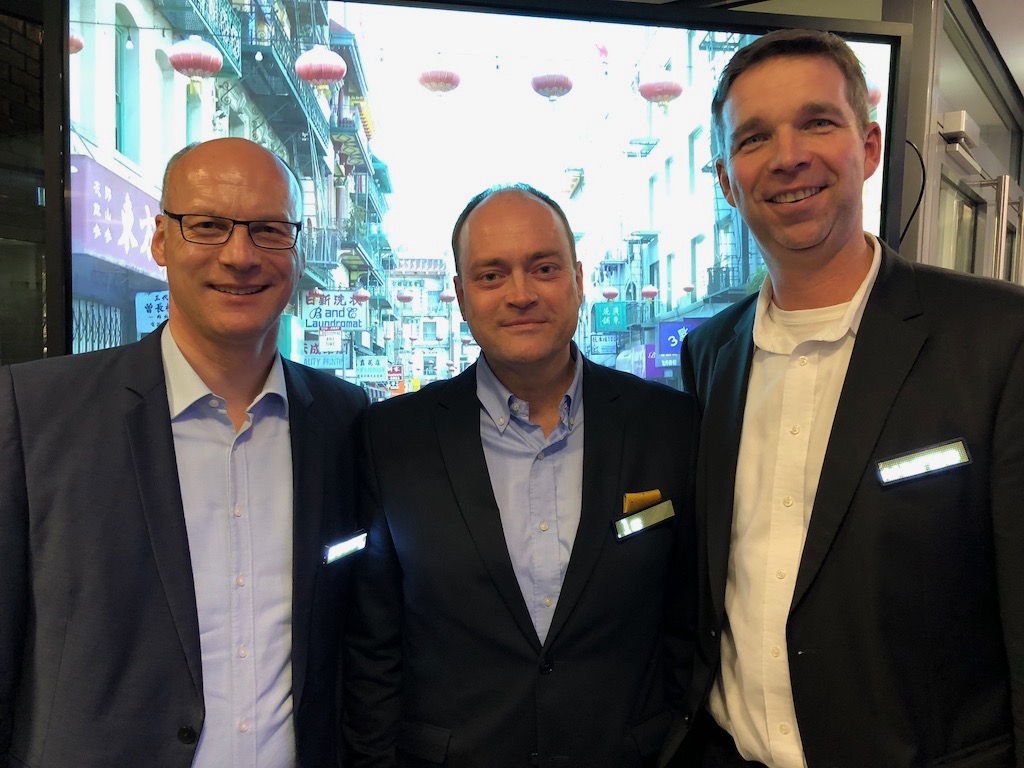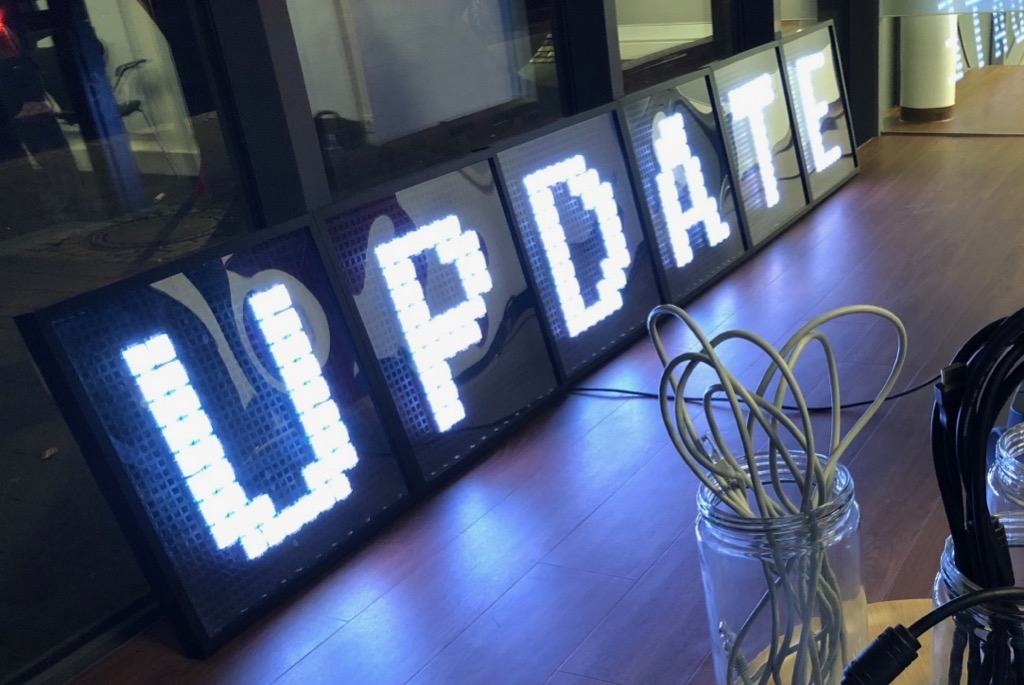The future lies in collaboration. Sharing is the new having.
The digital transformation offers cities, districts and municipalities opportunities on the path to sustainable development and aims to solve the central challenges of urban development in a way that conserves resources and meets needs. This Smart City Charter is intended to reflect the self-image of cities, districts and municipalities in Germany in this transformation process and support them in recognizing the opportunities and risks of future-oriented and responsible urban development at an early stage and avoiding undesirable developments. It is also intended to promote inter-municipal cooperation and the interlinking of densely populated areas and rural areas in the interests of future-oriented urban and spatial development.
- Preamble to the Smart City Charter
The starting point for the considerations here is the preamble to the Smart City Charter. The following statements are made as part of this charter:
Digitalization has now become a reality in many areas of life. Urban development stakeholders should actively use the opportunity to accompany and sustainably shape the current process of change and adaptation. Digitalization will continue to change many areas of administration, the economy and urban society. Smart City uses information and communication technologies to link municipal infrastructures such as energy, buildings, transport, water and wastewater on the basis of integrated development concepts.
Shaping digital transformation - the transformation of cities into smart cities - in a sustainable way means using digitalization to pursue the goals of a sustainable European city. The following four guidelines are central to this:
- DIGITAL TRANSFORMATION needs GOALS, STRATEGIES and STRUCTURES
- DIGITAL TRANSFORMATION needs TRANSPARENCY, PARTICIPATION and CO-DESIGN
- DIGITAL TRANSFORMATION needs INFRASTRUCTURES, DATA and SERVICES
- DIGITAL TRANSFORMATION needs RESOURCES, COMPETENCES and COOPERATIONS
The members of our working group are working together to achieve the goals of this Smart City. For us, the Smart City encompasses the Schleswig-Holstein region. We work in working groups on the following topics:
- Digital administration
- Digital education
- Citizen participation
- Mobility and infrastructure
The similarities identified so far are:
- Open Data
- Sensors
The current aim is to identify areas of entrepreneurial and municipal cooperation in the respective working groups on the basis of specific innovative problems.

